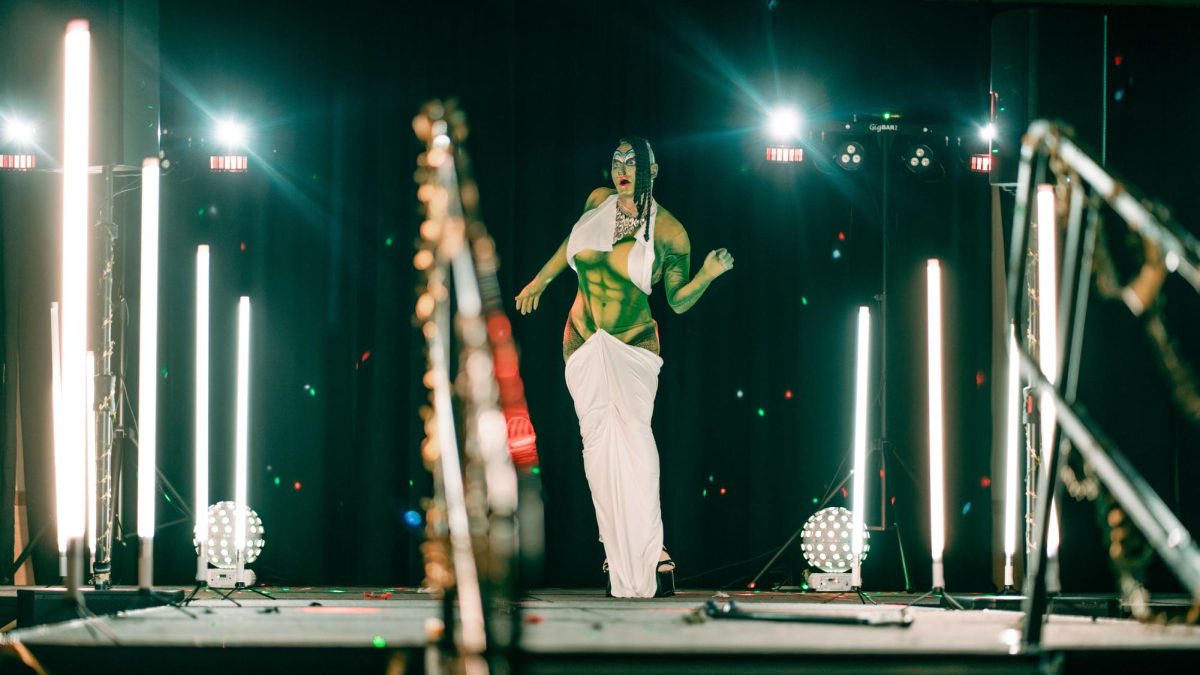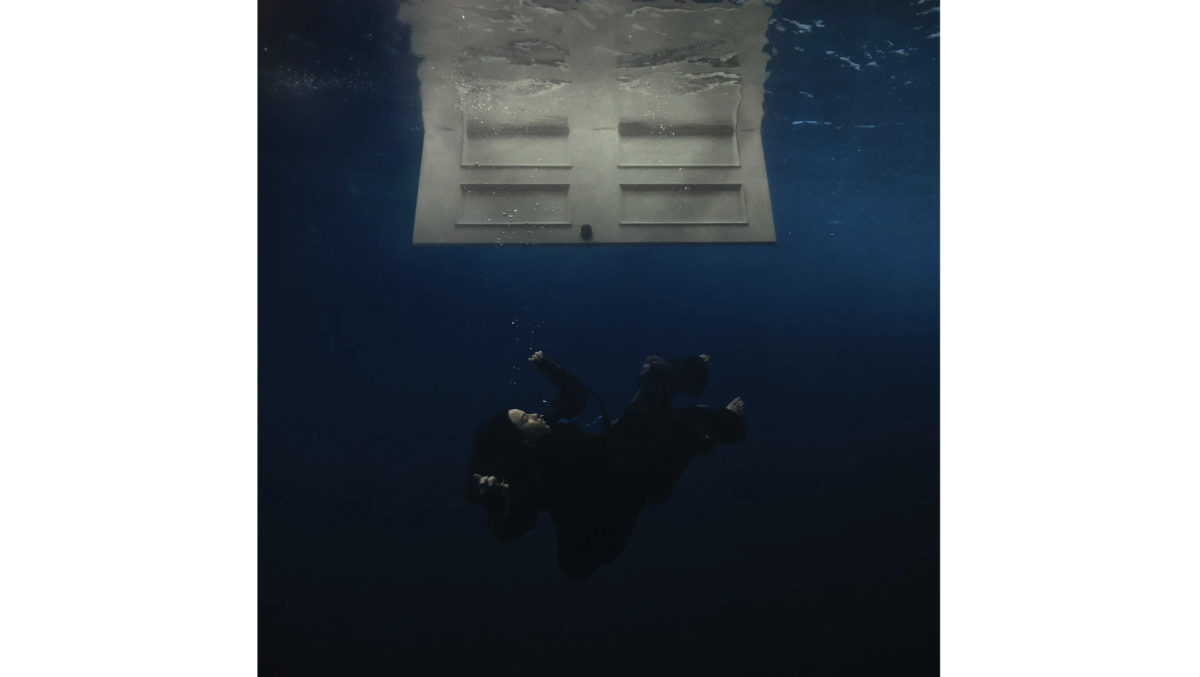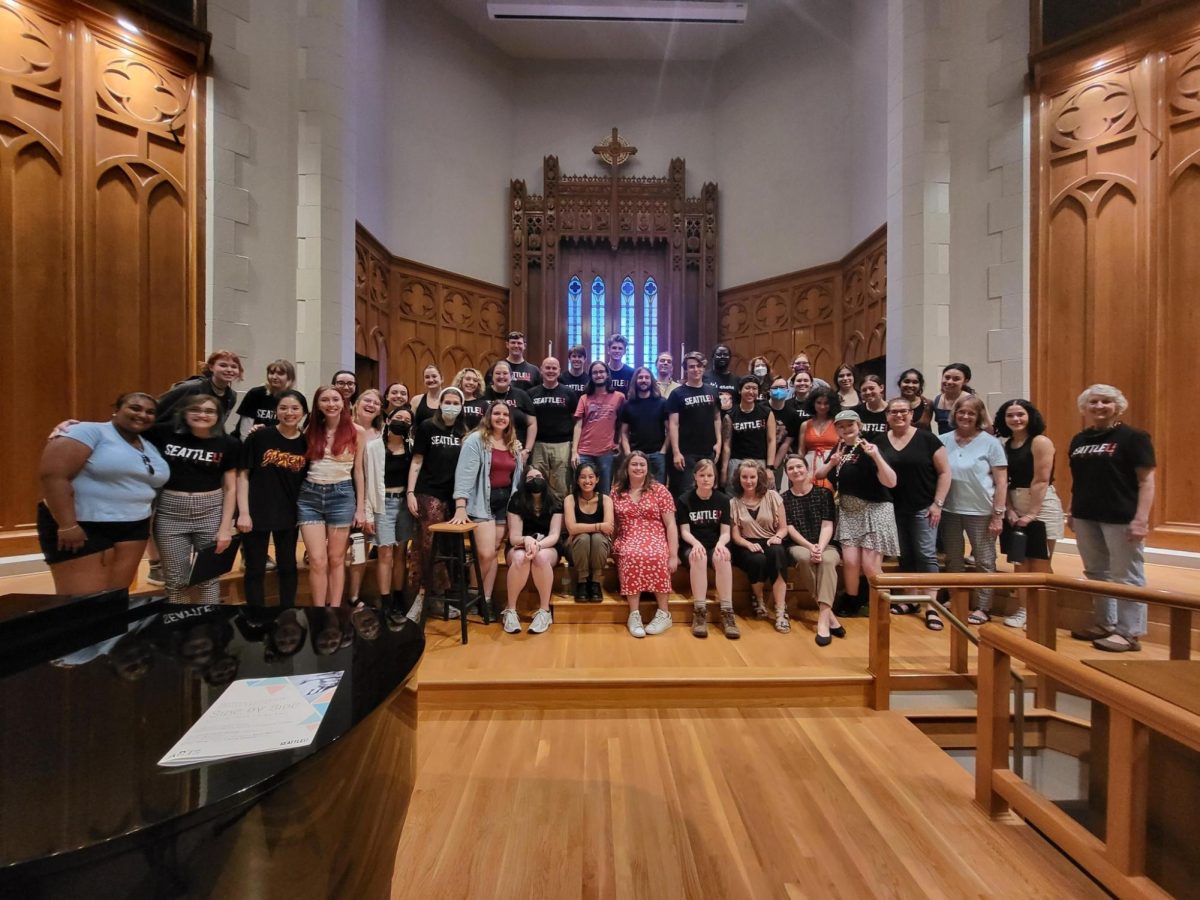“The Possibility of an Island” is the first book I’ve read by controversial French author Michel Houellebecq. Houellebecq uses a unique narrative framing to explore themes of sex, love, aging, death and immortality, challenging modern culture’s endless desire for freedom and progress as ends in themselves.
In the tortuous midst of an unofficial relationship with an Italian college student named Esther, the novel’s protagonist, Daniel, decides to spend some time with the Elohimites at their volcanic island compound during an important cult ceremony. Directly modeled after the real life cult, the Raelians, the Elohimites numbers are growing, promising the near future invention of perfect genetic cloning to guarantee immortality. Once the cult preserves a person’s genetic code, they can be recreated upon death with their consciousness intact, memories and all.
While the cult may not truly invent their genetic cloning procedure during the lifetime of Daniel, despite what they lead the public to believe, the reader is aware that eventually, the cult succeeds. Interspersing the chapters of Daniel (labeled as Daniel 1), are chapters from Daniel 24, and then Daniel 25. The Elohimites preserve Daniel 1’s genetic code during his lifetime, and use it to create a long line of clones in the future. Daniel 23 is literally the twenty third clone of Daniel. As a requirement of the cult, when one is going to ‘die’ (insofar as the Elohimites really believe in death), they write a ‘life story’ for the next generation clone to read. Daniel 1’s chapters are his written life story, and Daniel 24’s chapters are his commentary on the life of Daniel 1, and on humans more broadly.
Daniel 1 is a deeply cynical, intelligent and dysfunctional B-tier (but still important) celebrity, famous for his offensive comedy and avante-garde violent short films. A depressed, misanthropic and controversial figure with nothing very positive to say about the state of things, Daniel 1 could certainly be read as a self insert for Houellebeqc.
Since Daniel 1’s chapters are autobiographical, he intersperses descriptions of his day to day with dense cultural commentary. His perspectives on modern life are disgusting as often as they are insightful. Frequently they are both. Daniel has thoughts on Teilhard de Chardin and progressive christianity, Vladimir Nabokov, Harmony Korine, the trend towards barbarism in popular culture, the horrors of physically aging, and changing societal norms around sex.
Without excessive quoting, it’s hard to get across the frequency, brutality and, at times, undeniable accuracy of the book. Houellebec cannot be dismissed as someone trying too hard to be a cynic. Although the often offensive nature of Daniel 1’s rants may be too much for some readers, Houellebeqc clearly writes with conviction and intelligence.
Daniel 24 doesn’t consider himself human. He lives in the far future of the ‘neohumans.’ Living in complete social isolation outside of online communication, unable to experience powerful negative or positive emotions, true sexual desire or love, the neohumans reflect on humanity from a future that views our current human values and lives as nearly incomprehensible, ridiculous and destructive. Houellebeqc imagines the ideological and practical details of this future, and of the Elohimites, with care and intelligence. The perspectives of the neohumans, commenting on Daniel 1’s life story as a window into our culture, impressively call so many fundamental things we hold dear into question, and ask the reader to reflect on how a faux-utopian future like theirs could easily emerge from our world. The book is powerfully disorienting in its presentation of our society through the eyes of a completely different one.
Central to the novel is an attack on our culture’s attitudes towards aging and treatment of the old. Reacting to a 2003 French heatwave that left many elderly people dead in nursing homes, Daniel 1 says “that only an authentically modern country was capable of treating old people purely as rubbish.” Daniel, and (it feels) Houellebecq, thinks that our society genuinely hates the elderly, and unhealthily worships youth and beauty. Daniel is unable to cope with physical changes of age both in himself and in his second wife, whom he leaves remorselessly as she ages. Daniel is unendingly tortured by his loss of youth. This fits in with the mass appeal of the Elohimites, and their promise of immortality. We learn from Daniel 23 that most neohumans choose to die and be reborn before 50, since they recognize a purposelessness and horror in life beyond that point.
Another central focus and incredibly influential factor in Daniel 1’s life is sexuality. He straightforwardly says that he would kill himself if it wasn’t for the joys of sex. Houellebeqc writes sex like he writes a lot of things, with uncomfortable detail and complete emotional detachment. He also seems unable to write female characters with much depth, and he writes them barely at all outside of the few that Daniel is sexually involved with. Nonetheless, Daniel’s life and struggles do a lot to explore the intense power of sexuality and love, as well as the evolution of romantic and sexual behavioral norms.
Houellebecq’s prose is minimalistic, clever and dry, but nonetheless beautiful. Evocative visuals are woven throughout the commentary of both Daniel 1 and Daniel 24. Whether it’s the stark volcanic rock of the Elohimite compound, the endless flashy and tasteless luxury homes, hotels and restaurants that Daniel 1 bounces between, or the endless puddled sands of what used to be the ocean in the neohuman future, Houellebeqc chooses setting masterfully.
Nasty, hilarious, horribly cynical and yet equally celebratory of our absurd existence as a species, “The Possibility of An Island” is philosophically and narratively compelling. If you don’t mind the offensive, abrasive commentary signature to Houellebeqc, I would highly recommend this book. Outside of the intense negativity, or perhaps through it, Houellebeqc has a lot to say.










